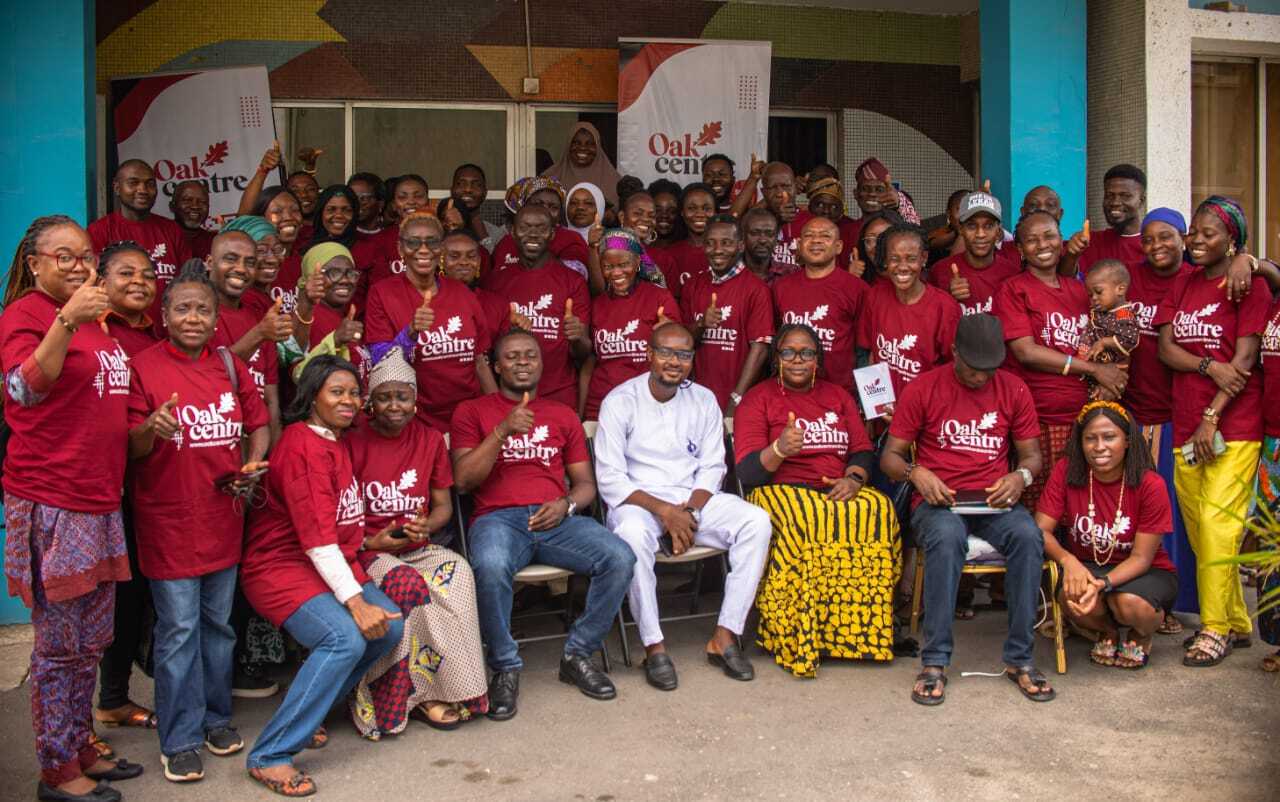
The Oak Centre has expressed concern over the pervasive spread of digital misinformation and disinformation, emphasizing that civil society organizations are uniquely equipped to address and combat them.
Speaking at the closing session of a comprehensive training for the sixth cohort of civil society organisations (CSOs), Capacity Building Manager at Oak Centre, Korede Ogundiminegha, noted that empowering CSOs with fact-checking and verification skills is crucial in the fight against digital misinformation and disinformation, as they play a vital role in promoting media literacy and critical thinking among the public.
The training, which brought together participants from across various sectors, was part of the Centre’s ongoing commitment to strengthening democratic processes and improving public resilience against misinformation and false narratives.
According to Ogundiminegha, “Disinformation is not just a media problem; it is a democratic challenge. By equipping CSOs with the right tools and skills, we are not only enhancing literacy but also protecting the integrity of public discourse and policymaking”.
He said the decision to focus on civil society organisations was both strategic and timely.
“We chose to focus on CSOs because they are trusted voices within their communities. If they’re empowered with fact-checking tools, they can serve as powerful filters against false narratives.
“Disinformation targets public opinion. Civil society shapes it. That’s why we’re investing in CSOs because empowered voices can help rebuild public trust, one verified fact at a time,” he explained.
READ ALSO: Tunisia probes ride-hailing apps for money laundering
Delivered through interactive sessions, expert-led modules, and practical exercises, the training covered critical areas including the definition and impact of disinformation, fact-checking methods, open-source intelligence (OSINT) tools, and the ethical responsibilities of information practitioners.
Participants were also introduced to a range of digital verification tools designed to help them assess the credibility of information and sources more effectively.
The programme also seeks to strengthen multi-stakeholder collaboration among CSOs working in democracy, governance, humanitarian response, and social development.
Expected outcomes from the training include increased use of fact-checking and OSINT tools among CSOs, more collaborative counter-disinformation initiatives, and enhanced responsiveness to misleading narratives, especially in fragile or conflict-affected contexts.






